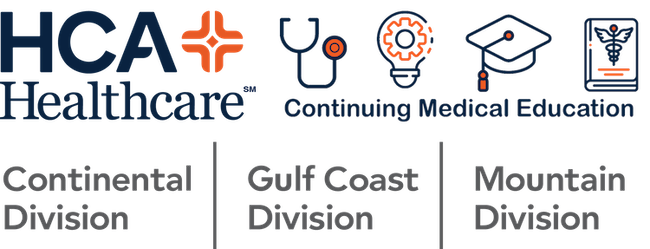Blast injuries can be complicated to care for, especially in an MCI setting. During this lecture, Dr.
|
In this course, we will be reviewing basic capnography interpretation and using that to build into the advanced skills. Dr.
|
Chest pain is a common call EMS runs in the field. Being diligent in your assessment and care is important in treating these patients.
|
This case-based presentation will cover a variety of respiratory complaints that EMS providers commonly respond to.
|
Emergency Medical Services is constantly shifting and updating its practices as medicine evolves.
|
This case-based presentation will discuss the different legal documents related to end of life care, medical orders and palliative care. We will share in-depth approaches to the care for patients
|
This course is designed to provide an overview of common presentations of various high-altitude emergencies as well as related complications. Gaining significant elevation can have a major impact
|
Hypothermia can be seen in a variety of settings in the first responder setting.
|
Limb threatening emergencies can come in a variety of different settings for the prehospital provider.
|
Left Ventricular Assist Device (LVAD) use is becoming more prevalent in the chronic cardiac patient population. These devices are very specialized and complex and the out of hospital management of
|

 Facebook
Facebook Twitter
Twitter LinkedIn
LinkedIn Forward
Forward




